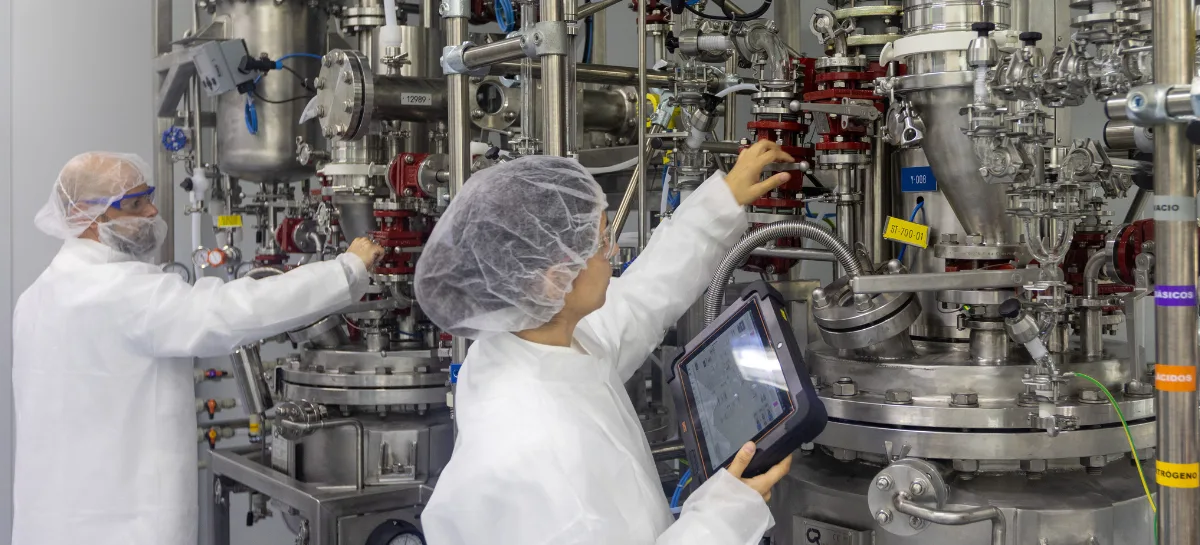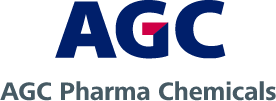AGC Pharma Chemicals, a small molecule CDMO (Contract Development and Manufacturing Organization) for active pharmaceutical ingredients (APIs) and intermediates, based in Spain and Japan, integrates in its facilities a GMP Kilo Lab. The Kilo Lab is a key installation that can scale up and produce APIs and intermediates up to 7 kg batch size and has now been fully operational since November. Its implementation provides great flexibility and agility to manage projects and productions while meeting safety, environmental and product quality requirements.
One of the challenges in manufacturing APIs and intermediates is industrialization. Scaling up the product from the laboratory to the production plant is a complex process and appropriate facilities are required to make this transition as smooth as possible. In this regard, the Kilo Lab completes the course together with the existing pilot plant.
The Kilo Lab can reproduce on a small scale the same operations of the production plant –distillation facilities, chemical syntheses, hydrogenations, etc. It is in the Kilo Lab where it is possible to detect, at an early stage, any aspect that may arise in the production process and resolve it quickly and with minimal resources.
The benefits of manufacturing in small quantities
The manufacture of APIs and intermediates at kilogram level in a GMP environment is in line with the amounts required for conducting clinical trials, studies on impurities and toxicological properties, and also for the production of highly specific medicinal drugs requiring a reduced production volume.
Technical characteristics and capabilities
The AGC Pharma Chemicals Kilo Lab GMP is fully integrated into our Development and Research Laboratory facilities. It has two reactors of 50L and 70L, with a temperature range of -80°C to 190°C.
The reactors and filter dryer with a capacity of 80L are all made of Hastelloy, a material which has high temperature and exceptional corrosion resistance. Thanks to this a high number of common chemical reactions can be undertaken, but also reactions with corrosive elements such as fluoride and acid derivatives.
The entire facility complies with the same GMP standards that govern our production plant and is also equipped for working with high active pharmaceutical ingredients (HAPI) OEB4 (1-10 mg/m3), while also having an isolator for reactions on small-scale trials and dispensing materials.
The Kilo Lab is integrated into the distribution control system (DCS) of the production plant and shortly we are going to implement the complete connection with the Electronic Batch Register (eBR) which is already in place for the entire AGC Pharma Chemicals plant.
The Kilo Lab is thus integrated into the AGC Pharma Chemicals innovation project, with future prospects. The installation of another reactor is planned for next year in anticipation of an increase in production capacity.




